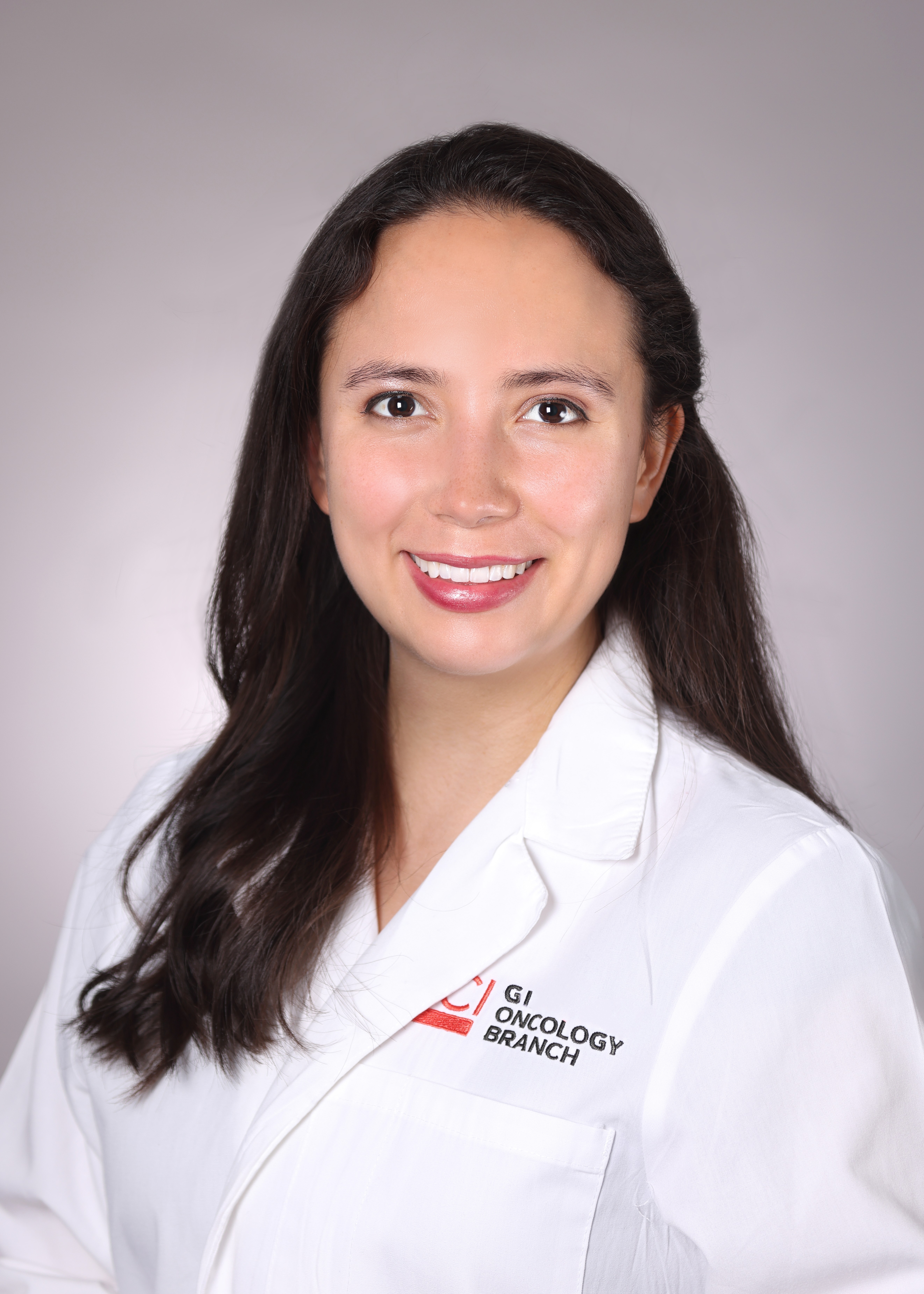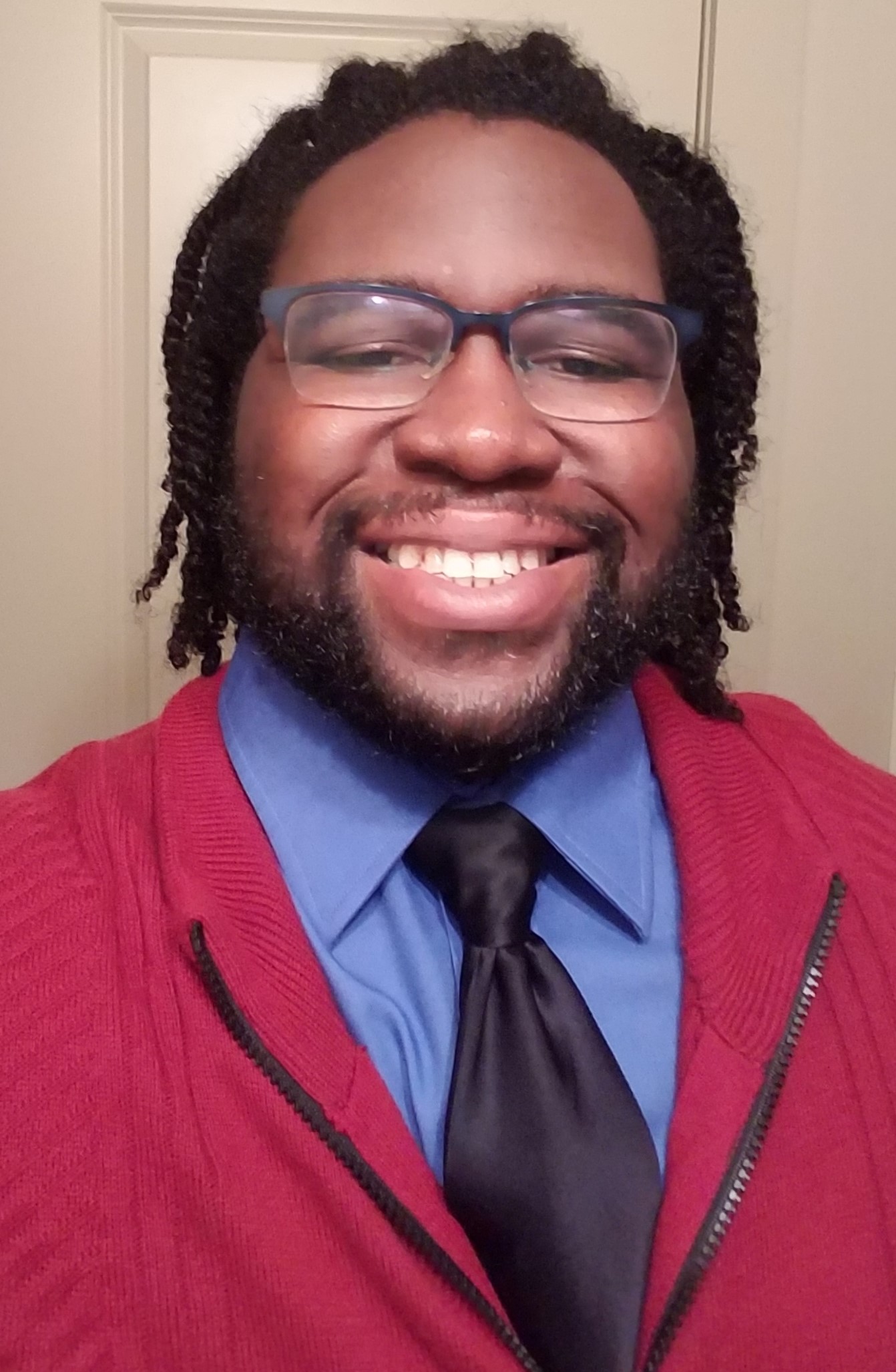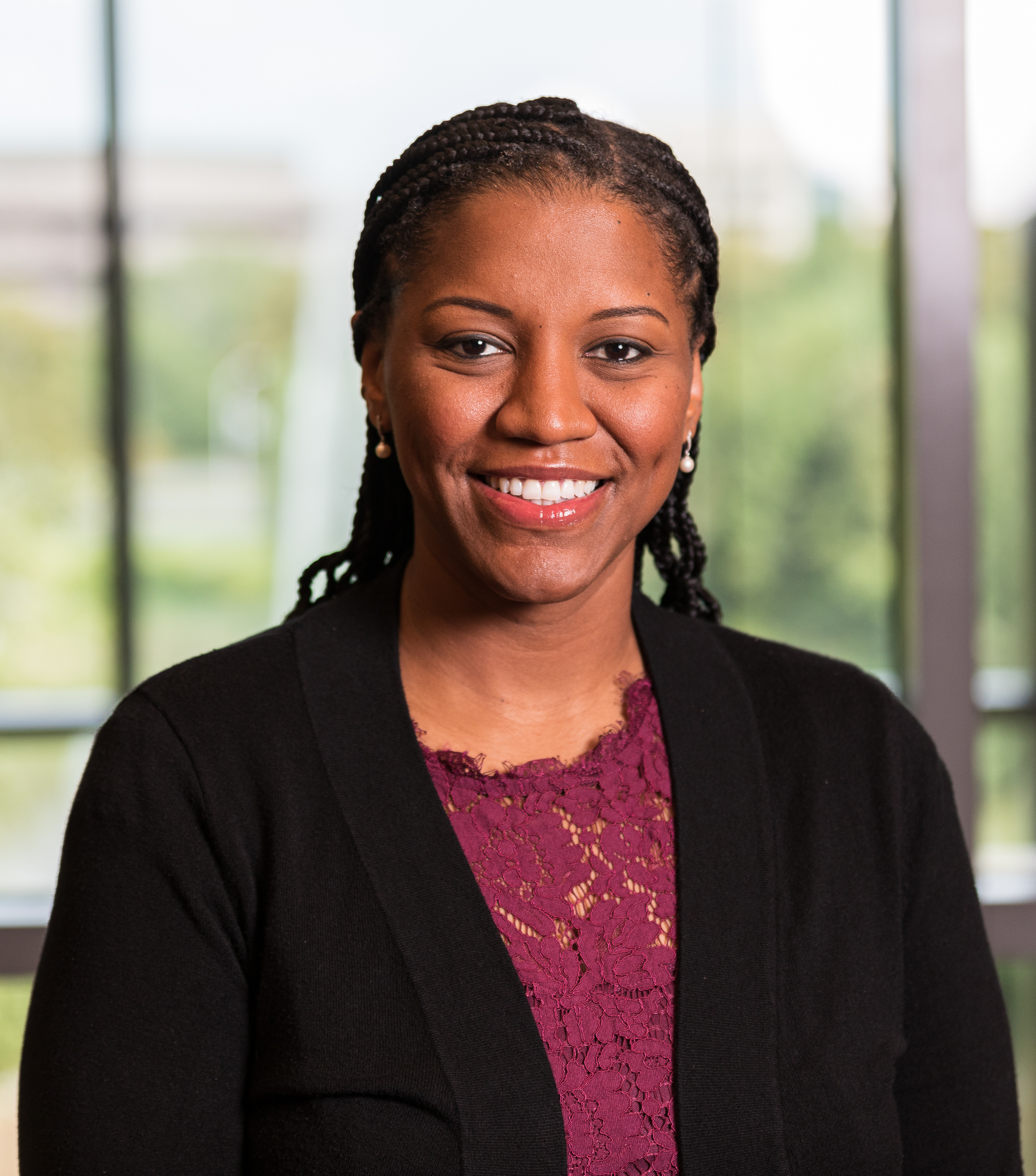Past Webinars
An Alternative Route to Cellular Immortality
Gianna Tricola, BSc
Telomeres and telomere-associated factors can act both as promoters and inhibitors of cell growth for cancer cells. In healthy cells, telomeres serve as caps at the ends of our chromosomes to safeguard the genome. Telomeres shorten with every cell division and, as a result, telomere length limits the expansion of cells acting as a tumor suppressive mechanism. All human cancer cells escape this tumor suppressor barrier by acquiring a mechanism of telomere elongation: either reactivating telomerase or engaging in Alternative Lengthening of Telomeres (ALT) pathway. In this seminar, Gianna Tricola will provide an overview of ALT biology and describe the tools she uses in the lab to study and diagnose ALT.
Gianna Tricola is a graduate student in the Johns Hopkins University-NIH Graduate Partnerships Program. She works with Dr. Eros Lazzerini Denchi in the Laboratory of Genome Integrity where she aims to identify ALT-specific gene vulnerabilities that may be exploited to disrupt the perpetual growth of cancer cells.

Gut Microbes and Nerves Influence Liver Cancer
Kylynda Bauer, PhD
National Cancer Institute
How do the vagus nerves and gut microbes influence primary liver cancer? Liver cancer is immunosuppressive and responds poorly to immunotherapy treatment. In this seminar, Dr. Bauer will discuss how nerves impact hepatocellular carcinoma (HCC) tumor growth and whether microbiome-nerve interactions affect the HCC tumor environment. This work examines new targets to influence HCC outcomes and treatment.
Dr. Kylynda Bauer received an NCI-iCURE postdoctoral fellowship and Sallie Rosen Kaplan Women in Science Fellowship. Dr. Bauer works in Dr. Tim Greten’s Laboratory in the Thoracic and GI Malignancies Branch at the National Cancer Institute (NCI) in Bethesda, MD. She was the recipient of the 2023 SITC-Genentech Women in Cancer Immunotherapy Postdoctoral Fellowship.
CRISPR-based Genetic Screens for Personalized Medicine
Alana Sherker, Ph.D.
National Cancer Institute
Last spring, we learned about the basics of CRISPR/Cas9 and how it is used for gene editing in health and agriculture. In this seminar, Dr. Sherker will expand on these concepts by describing its role in screening methods for oncology research. Scientists are using CRISPR-based genetic screens to enable the discovery of oncology drug targets, to predict the biomarkers of certain cancers, and to understand how some drug therapies can result in resistance. Dr. Sherker will discuss these applications of CRISPR and how she uses it in her research to better understand lung and prostate cancer.
Dr. Alana Sherker is a postdoctoral fellow at the National Cancer Institute working with Dr. Travis Stracker in the Radiation Oncology Branch. Her research uses CRISPR/Cas9-based screening approaches to identify genetic interactions that can be exploited for improved cancer therapies.

Demystifying the Tumor Microenvironment: How Cancer Gets by with a Little Help from its Friends
Alexandra R. Harris, Ph.D., M.P.H., M.S.
Did you know that cancer can manipulate its surrounding environment to help it grow and spread? Each tissue in the body is made up of unique cellular elements and biophysical forces – a “microenvironment”. As cancer begins, grows, and spreads within and beyond a tissue, the microenvironment it interacts with along the way can respond by either inhibiting or promoting the tumor. In this seminar, Dr. Harris will introduce key components of the tumor microenvironment, the role they play in tumor initiation and progression, and the implications for therapy.
Dr. Alexandra Harris is a Cancer Prevention Fellow at the National Cancer Institute working with Dr. Gretchen Gierach in the Division of Cancer Epidemiology and Genetics and Dr. Stefan Ambs in the Center for Cancer Research. Dr. Harris’ work aims to characterize how factors like genetic ancestry, the environment, and other epidemiologic risk factors can impact the microenvironment in breast cancer in diverse populations. Her work then aims to connect microenvironmental signatures to tumor biology, cancer outcomes, and disparities, with the eventual hope of informing therapy to benefit patients equitably.

CRISPR-Cas9 Gene Editing
Theodore Busby III, PhD
What is CRISPR and how is this technology being used? CRISPR-based technologies have helped to make large strides in the field of biomedical sciences. These strategies have also been applied in agriculture for improving the quality of crops. In this seminar, Dr. Busby will discuss the use of CRISPR-based gene editing in biomedical research and some of the potential outcomes of this technology in health and agriculture.
Dr. Theodore Busby is a postdoctoral fellow with Dr. Tom Misteli in the Laboratory of Receptor Biology and Gene Expression in the Center for Cancer Research. Dr. Busby’s research investigates the arrangement of DNA in the 3-dimensional space of the cell nucleus and how this regulates cancer related gene expression. Using microscopy to generate images of the genome, these studies will allow us to understand how specific events cause changes to chromosome structure in individual cells across a population of tumor cells.

Genetic Ancestry and Breast Cancer Disparities
Brittany Lord, PhD, MPH, MS
How do our genetics impact our breast cancer risk? Black women are 40% more likely to die from breast cancer, but the reasons are multi-faceted. This includes genetic and socioeconomic contributors that worsen breast cancer outcomes for Black women. In this seminar, Dr. Lord will discuss the use of genetic ancestry in cancer research, as well as discuss an ancestrally informative genetic marker that is more commonly found in Black women, potentially impacting their breast cancer outcomes.
Dr. Brittany Lord is a Cancer Prevention Fellow working with Dr. Stefan Ambs in the Center for Cancer Research and Dr. Gretchen Gierach in the Division of Cancer Epidemiology and Genetics. Dr. Lord’s work focuses on understanding breast cancer disparities and the contribution of genetic ancestry to disease risk, in addition to investigating epidemiologic risk factors for breast cancer in diverse populations. Dr. Lord’s research and efforts are a prime example of how inclusion of diverse ethnic groups can enrich study designs and broaden the impact of study results to underserved populations.